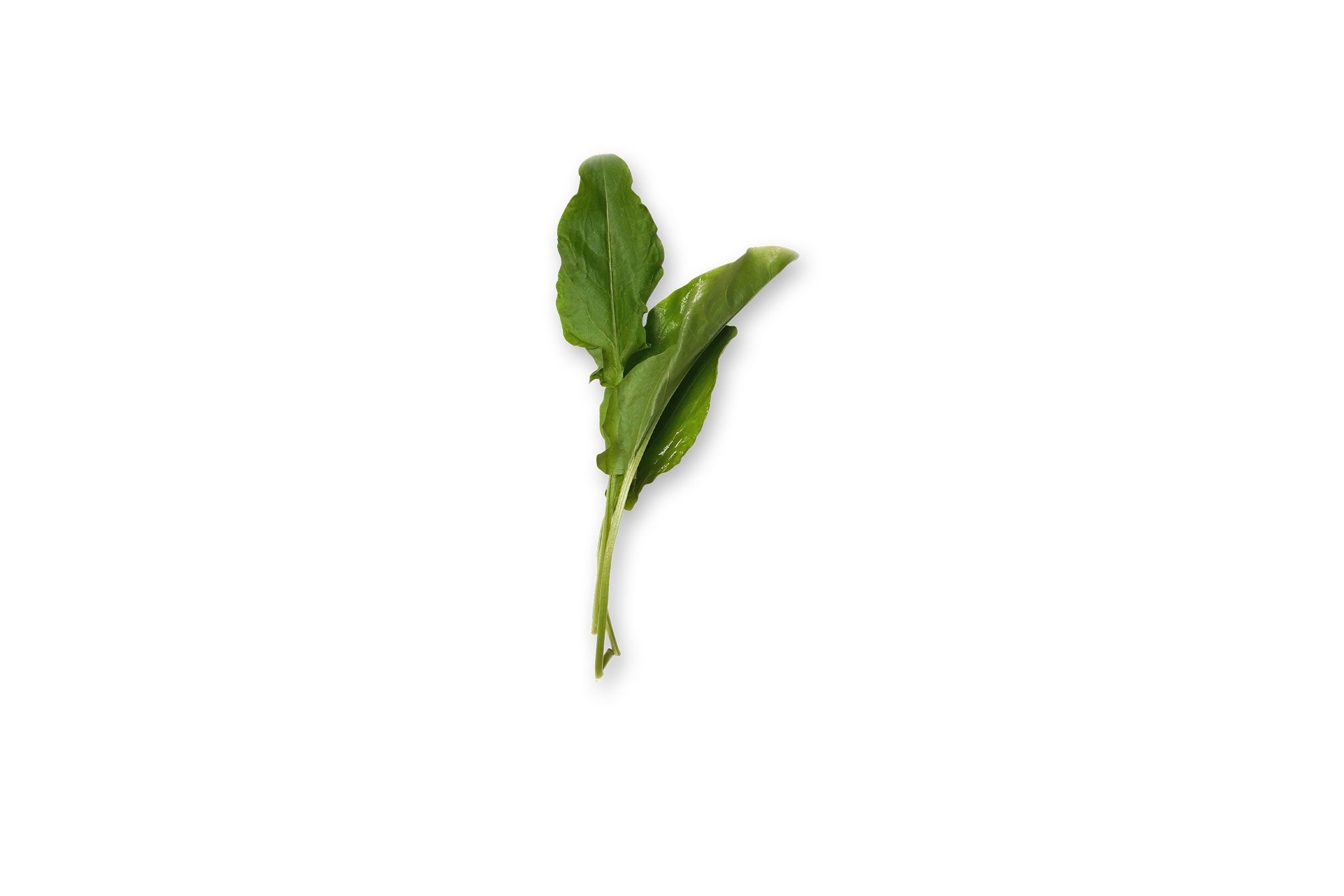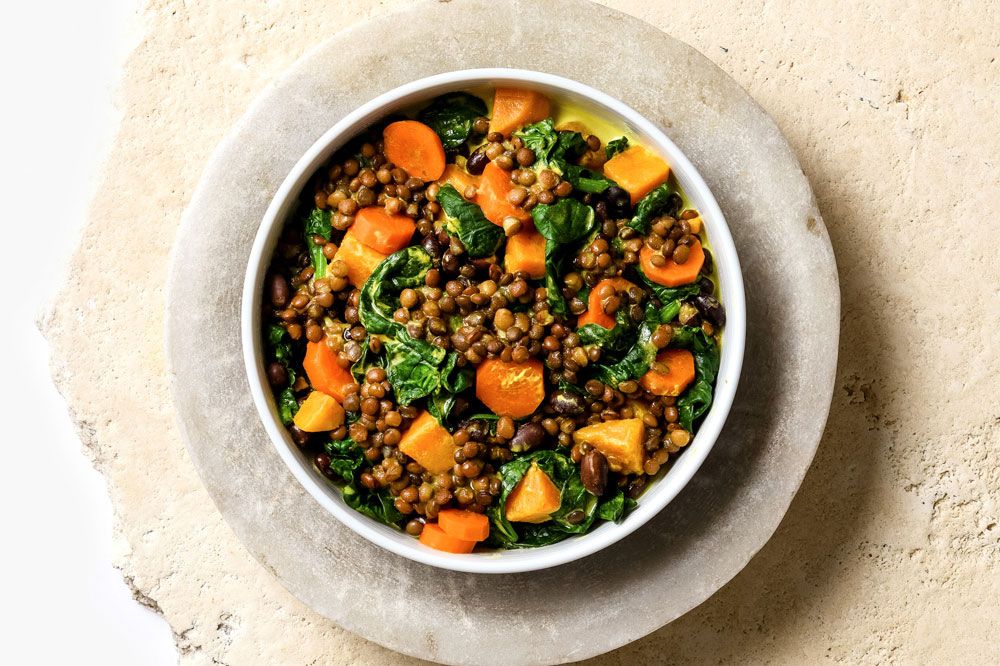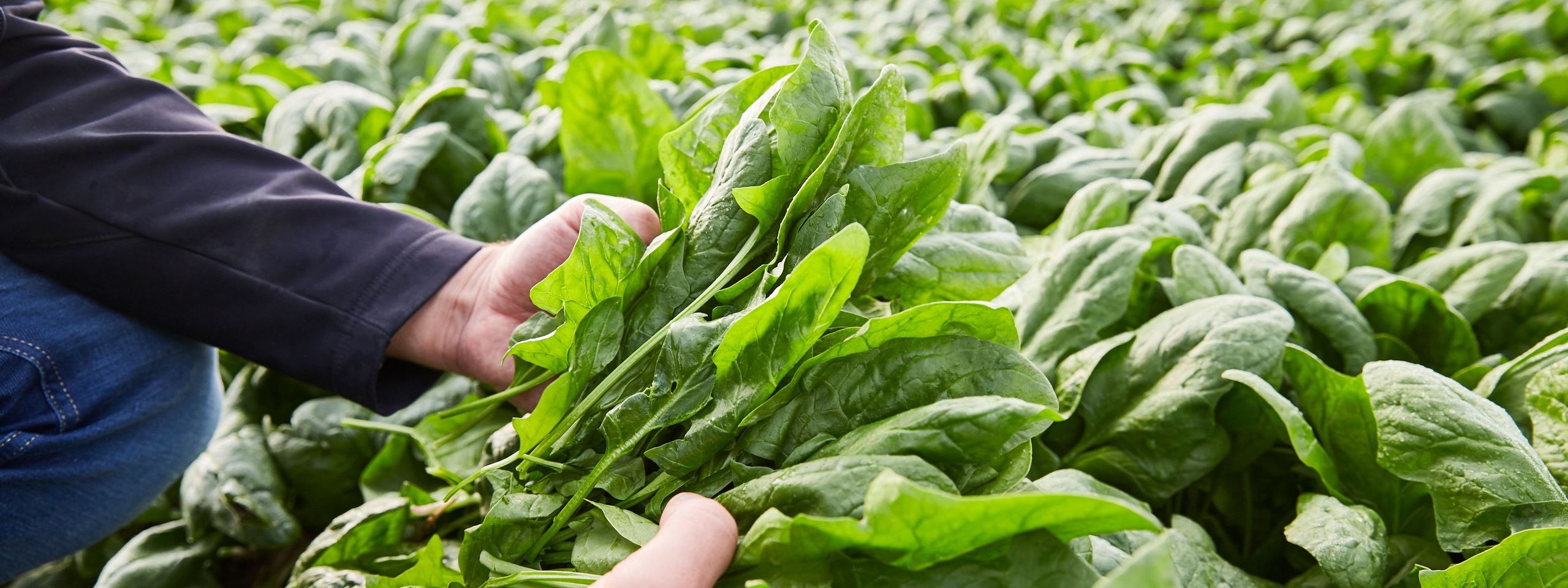Spinach
Popeye's elixir
Intro
Spinach – some love it, others hate it. The vegetable became famous in part due to the famous comic character Popeye, who eats so much spinach that it grants him superpowers. Before Popeye, it was Catherine de' Medici that popularised spinach in Europe. Although this hasn’t convinced everyone, more and more people are paying attention to the benefits of spinach, especially athletes. Read below to find out about the benefits of spinach, how you prepare it and why its good for you!

What is spinach?
Spinach (Spinacia oleracea) is a foxtail plant and thereby closely related to Amaranth and Quinoa.
The name for spinach is derived from its latin definition, which can be translated to mean ‘thorn’.
Like many other vegetables, spinach is associated with healing properties. It can help with digestive and breathing issues. It is also antioxidative and anti-inflammatory.
Spinach is a multi talented ingredient. It can help curb cravings as well as support a weight loss journey.

Where does spinach come from?
Spinach is originally from the Middle East and was brought by Arabs from Persia to Europe. It is primarily cultivated in the Mediterranean.
Which varieties are there?
There are over 50 varieties, categorised like this:
Spring spinach
-Fine, light green leaves
Summer spinach
-Round, robust leaves
-Few flowers
-Includes: Celesta, New Zealand spinach, Sharan, Viridis
Autumn spinach
-Dark green, meaty and robust leaves
Winter spinach
-Dark green, meaty, robust, round and pointed leaves
-Robust, winter resistant
-Includes: Dolphin, Lazio, Mazurka, Nobel, Sharp-Witted broad leafed
The difference between leafy and root spinach is that root spinach contains the whole plant.
When is spinach in season?
In Europe it’s in season between March and November which subdivides the varieties into spring, summer, autumn as well as winter spinach.
Our tips for how to enjoy spinach:
Spinach is suitable for:
Salads, soups, as a side dish, in sauces, green smoothies or juices.
Fresh spinach should be handled carefully with minimal processing. Steamed, cooked or even raw is best to absorb all the nutrients.
Make sure to wash your spinach before you start cooking with it.
Spinach nutrition facts per 100g:
| Typical Values | 100g |
|---|---|
| Calories | 23 |
| Fat | 0.3g |
| Carbohydrates | 3.8g |
| Fibre | 2.4g |
| Sugar | 0.4g |
| Protein | 3g |
Nutrients found in Spinach:
Oxalic acid
Vitamins:
Vitamin A, Vitamin B (u.a. B1, B2, B3, B6, B7, B9), Vitamin C, Vitamin E, Vitamin K and Folic Acid
Minerals:
Calcium, Chloride, Iron, Potassium, Copper, Magnesium, Manganese, Sodium, Phosphorus, Sulphur and Zinc

